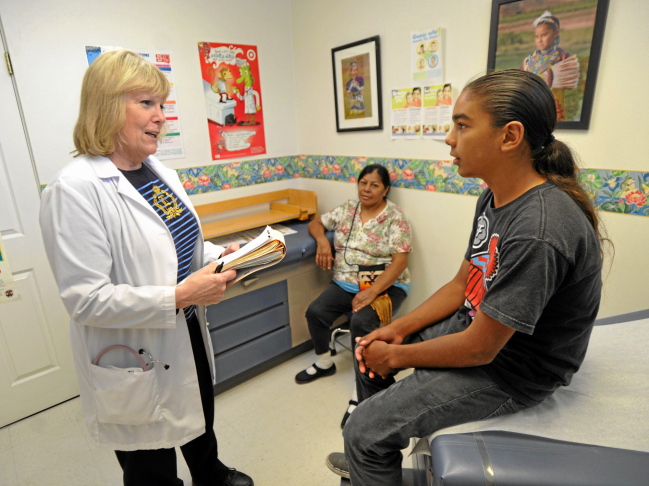Public Health in the New YearBy: Ginny Weir, Director, Dr. Robert Bree Collaborative
With this in mind, I have a couple New Year’s challenges (or resolutions) to kick off 2019. You can plan on giving up sugar if you want to, but these might be more fun:
Blog Submission FAQPast blogsLive Well San DiegoBy: Nick Macchione, MS, FACHE, Agency Director 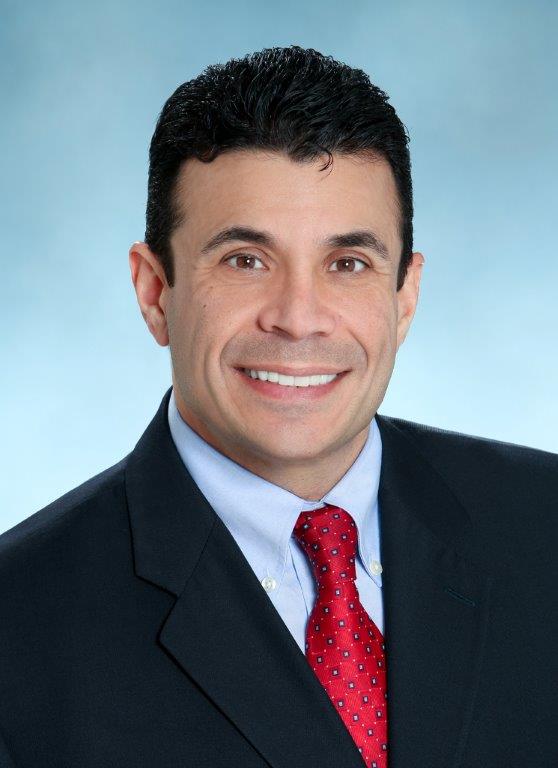
When asked, what is Live Well San Diego? I say it’s all about improving lives. Live Well San Diego is a regional vision that we have adopted, which outlines what we are doing collectively to build better health, live safely and thrive. In County government, it’s our north star that helps guide the provision of housing, health and human services and resources. It’s how we do business and improve the lives of one in three or approximately 1.3 million San Diegans. Read more. Let's Talk Immunization By: Mackenzie Melton and Izzy BrandstetterWithinReach Immunization Experts 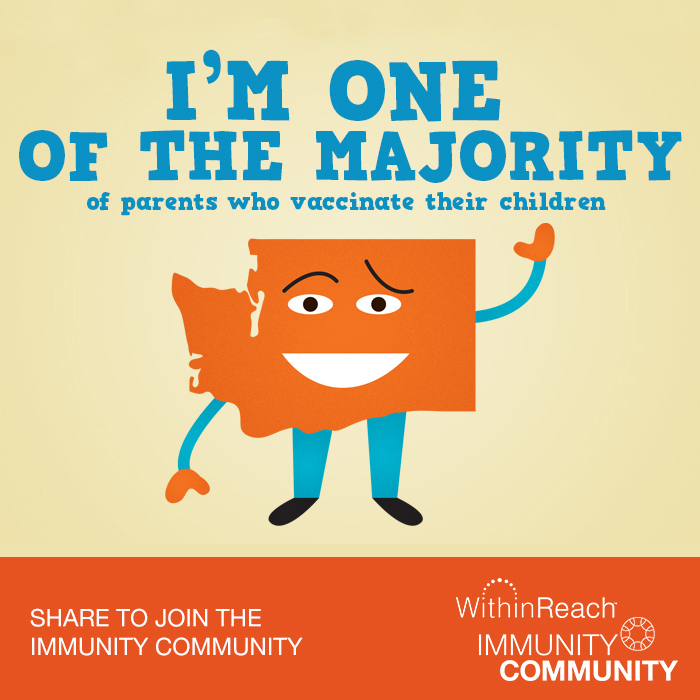 August 1, 2018Since August is National Immunization Awareness Month, we felt it’s only appropriate to highlight why the rush and overwhelm to immunize, in the summer months especially, are so crucial to maintaining health and wellness among our families and throughout our communities.With children spending the majority of the day together in a classroom during the year, it’s also the optimal breeding ground for many bacteria and viruses that can cause serious illness. Fortunately, a large portion of these illnesses can be prevented through routine immunizations. And for those with pre-existing health conditions that hinder them from being immunized themselves, we vaccinate so that they can be protected from illness, and benefit from community immunity. Read More. August 1, 2018Since August is National Immunization Awareness Month, we felt it’s only appropriate to highlight why the rush and overwhelm to immunize, in the summer months especially, are so crucial to maintaining health and wellness among our families and throughout our communities.With children spending the majority of the day together in a classroom during the year, it’s also the optimal breeding ground for many bacteria and viruses that can cause serious illness. Fortunately, a large portion of these illnesses can be prevented through routine immunizations. And for those with pre-existing health conditions that hinder them from being immunized themselves, we vaccinate so that they can be protected from illness, and benefit from community immunity. Read More.Rethinking Our Approach for Urban Indian Studies By Adrian Dominguez, MS and Rose James, PhDUrban Indian Health Institute, Seattle Indian Health Board
Summer Break with or without Hunger
Adverse Childhood Experiences and Public Health By Amy Person, MD, Director, WSPHA Board of Directors
Celebrating National Public Health WeekBy Ginny Weir, MPH, Director, Bree Collaborative 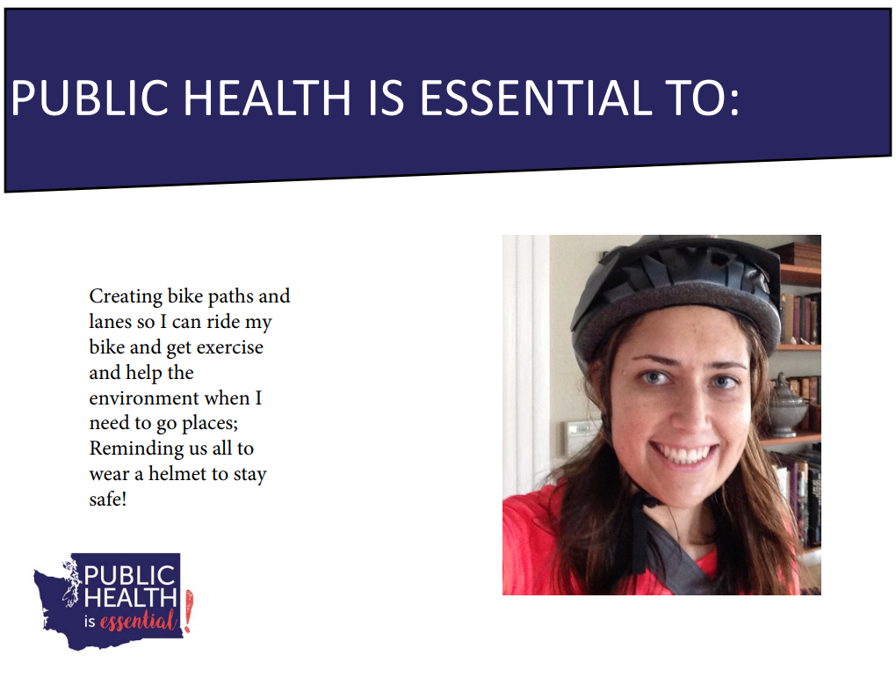 April 1, 2018 Public health is essential to building a healthier Washington and stands on foundational public health services like chronic disease and injury prevention, maternal and child family health, access to clinical care, environmental public health, vital records, and communicable disease control. Although Public health week has already passed, there are still plenty of ways to get involved and advocate for a healthy community. Read more. Legislative Education Day: What Comes Next?By Heather Thomas, MPA, Public & Government Affairs Manager, Snohomish Health District  March 1, 2018 March 1, 2018
On February 7, more than 150 public health ambassadors from around the state gathered in Olympia for our annual WSPHA Legislative Education Day. The morning session kicked off with a welcome from WSPHA president David Reyes, followed by remarks from Secretary of Health John Wiesman. Secretary Wiesman shared his perspectives on a variety of public health issues at the state and federal level. Read more Legislative Education DayBy Anne Burkland, Government Relations Specialist, Public Health Seattle and King County 
February 1, 2018
Join public health officials from across the state and have your voice heard at our annual legislative education day on February 7, 2018.Your day will begin with Secretary of Health John Wiesman. You’ll also hear from state lawmakers and your colleagues who are leading the charge for more funding dedicated to public health. You’ll be provided talking points and an opportunity to develop and practice the key messages you want your representatives to hear. Read more The Opioid Epidemic in WashingtonBy Ginny Weir, Program Director, Dr. Robert Bree Collaborative  January 1, 2018The opioid epidemic has impacted every community in Washington State. Across the country, opioid overdose is now the leading cause of accidental death. But some counties are hit harder than others and disparities exist between how racial and ethnic groups are burdened with the epidemic. Solutions must be both based in local communities and supported across the state. Our Washington state opioid response plan calls on all of us, state government agencies, local health departments, professional groups, community organizations, health care systems, and others to work together on priority areas. Read more January 1, 2018The opioid epidemic has impacted every community in Washington State. Across the country, opioid overdose is now the leading cause of accidental death. But some counties are hit harder than others and disparities exist between how racial and ethnic groups are burdened with the epidemic. Solutions must be both based in local communities and supported across the state. Our Washington state opioid response plan calls on all of us, state government agencies, local health departments, professional groups, community organizations, health care systems, and others to work together on priority areas. Read more
|
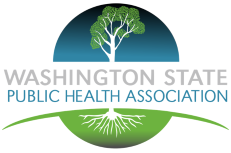
 I’d argue that nearly everything we do falls under the umbrella of public health. From responding to natural disasters to city planning, every sidewalk (or lack thereof), drop of (treated) water, and medical procedure has an effect on our health. Bill Foege, a past Director of the Centers for Disease Control and Prevention, said this more poetically, “There is no human endeavor that is outside the realm of public health.” This is powerful and inspiring – but also makes telling the story of public health more difficult. How do we talk about public health if everything we do is in fact public health? Who can speak for public health if public health is part of all that we do?
I’d argue that nearly everything we do falls under the umbrella of public health. From responding to natural disasters to city planning, every sidewalk (or lack thereof), drop of (treated) water, and medical procedure has an effect on our health. Bill Foege, a past Director of the Centers for Disease Control and Prevention, said this more poetically, “There is no human endeavor that is outside the realm of public health.” This is powerful and inspiring – but also makes telling the story of public health more difficult. How do we talk about public health if everything we do is in fact public health? Who can speak for public health if public health is part of all that we do?